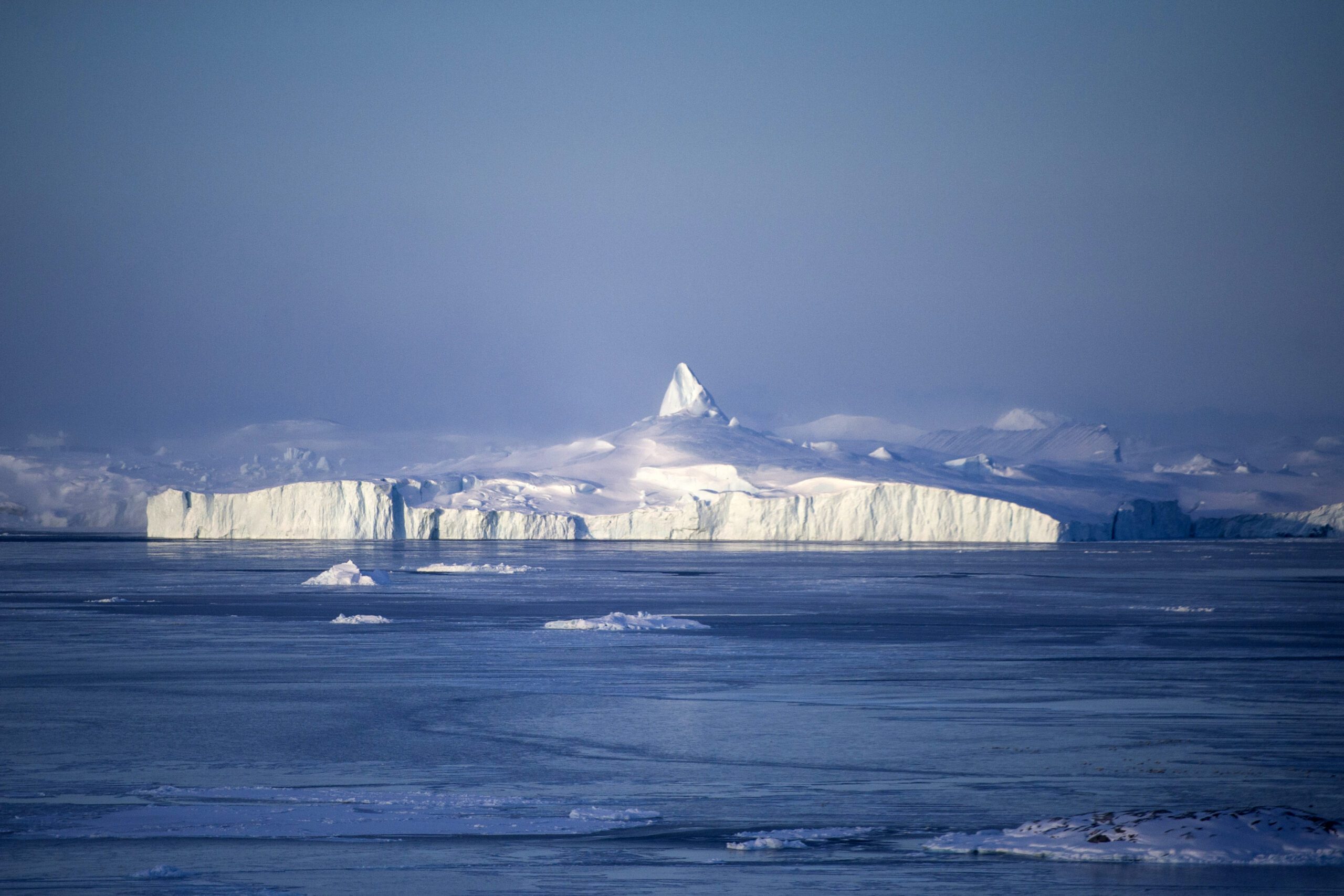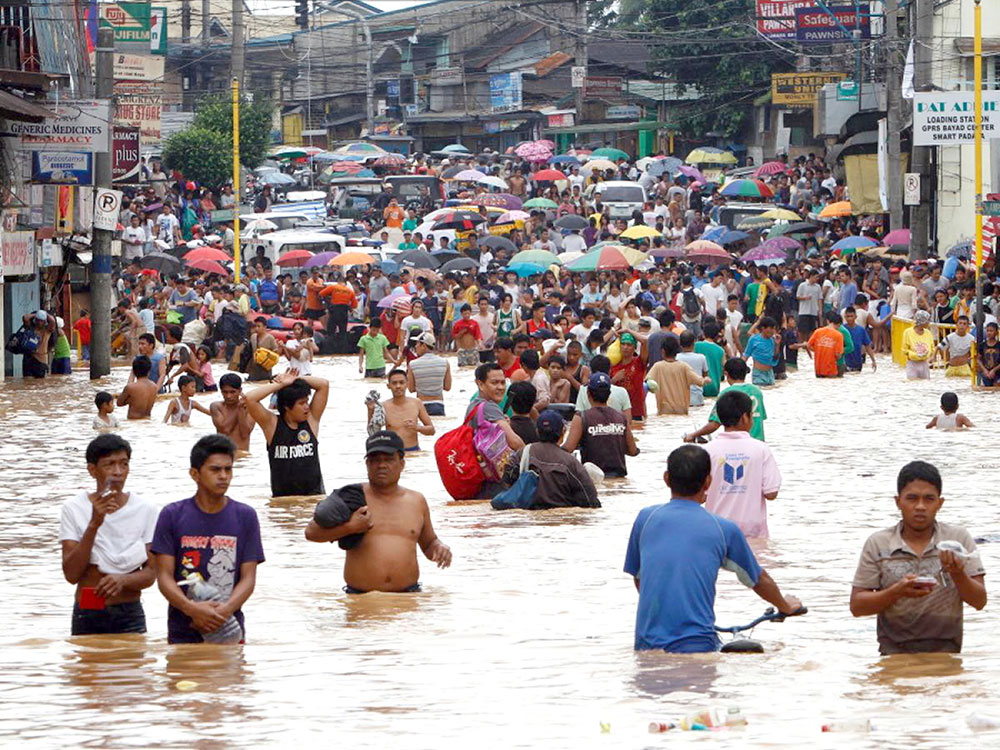Despite the cold winter in the Northern hemisphere, the global temperature this year reached its warmest on record. This is based on a twelve-month-rolling average, according to Dr. James Hansen, the top American climate scientist who works at the US National Aeronautics and Space Administration (NASA). In an article published on the NASA website in June 2010, Hansen and his three co-authors claim that the mean surface temperature in the year through April 2010 was 0.65 degrees Celsius warmer than the period between 1951 and 1980. NASA scientists came to this conclusion after reviewing data from 6,300 monitoring stations around the world. Hansen is adamant that this data demonstrates that climate change is taking place. Michael Grubb, a member of the UK Climate Change Committee, a body which advises the UK government on climate change, said that, “Hansen’s paper looks like a modest addition to the continuing build-up of evidence,” for climate change. This is particularly important since concerns about climate change have been pushed to the political ‘back-burner’ for a number of reasons. Firstly, the winter of 2009/2010 was an unusually cold winter in China, Europe and North America. Secondly, climate sceptics have launched a well organised campaign, casting doubts on climate change data which has been produced by the Intergovernmental Panel on Climate Change (IPCC). Thirdly, there has been continuing fall-out from controversy at the UK’s University of East Anglia, where scientists have been accused of dissent on climate change. Grubb believes that “the public perception (on climate change) has been radically impacted by a short campaign” (by climate sceptics) and that this is “deeply troubling if you want a sensible long-term solution to climate change.” Grubb is hopeful that Hansen’s findings will reinvigorate attempts by governments to reach a fair, ambitious and binding agreement on greenhouse gases at the United Nations Conference on Climate Change which is scheduled for December, 2010 in Mexico. Many places, especially in Asia and Africa, are feeling the heat at this time. According to the US National Oceanic and Atmospheric Association (NOAA), the first four months of 2010 were the hottest ever measured, with record temperatures in North Africa, South Asia and Canada. In May and June 2010, heat waves hit Pakistan and India. Six people died and dozens more fell ill as temperatures soared to 47 degrees Celsius (116 Fahrenheit) in central Pakistan on May 21 and 22, 2010. These land temperatures were measured by the Moderate Resolution Imaging Spectroradiometer (MODIS) on NASA’s Aqua satellite. In the ancient city of Mohenjo-daro on the banks of the Indus, where civilization flourished over 4,000 years ago, temperatures reached 53.7 degrees Celsius on June 1, 2010. This is the fourth hottest temperature ever recorded. Previous highs were in 1922, when a record temperature of 57.8 degrees Celsius, the hottest temperature reached, was recorded at al-Aziziyah in Libya. This was followed by a temperature of 56.7 degrees Celsius recorded in Death Valley in California in 1913, and the third hottest, at 53.9 degrees Celsius, was





